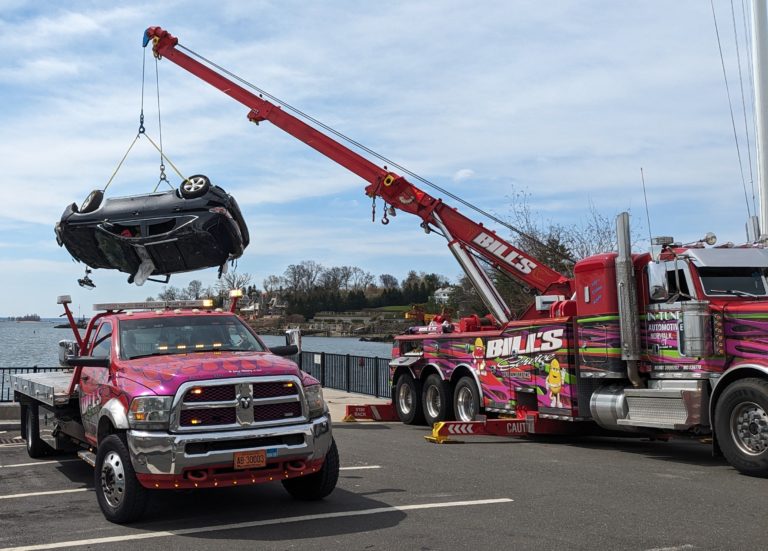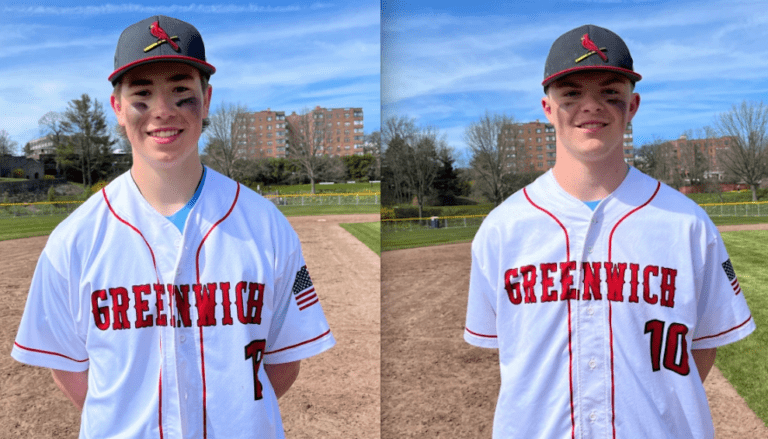
There have been certain events recently that we have actively chosen not to report. These are events that have been widely reported elsewhere. While most have supported our decision and thanked us for our restraint, a few people have asked why we made that decision. We thought it would be appropriate restate our philosophy for our entire community and explain why we report what we report.
Before we launched the Greenwich Sentinel, almost two years ago, we had long discussions about what type of newspaper we were going to be. We wanted to be a community paper that reported honestly on what was happening in town. We wanted to help bring our town closer together. We wanted to celebrate the accomplishments of our neighbors, help those that needed a hand up, and embrace those that were suffering. Joseph Pulitzer, the famed newspaper publisher of the late 19th century, said: “A cynical, mercenary, demagogic press will in time produce a people as base as itself.” The Greenwich Time understands this, but we also felt there was a need for a second source of news.
We took a great deal of time and counsel in deciding not to have police blotter in our paper. We spoke with town leaders, religious leaders, even the leaders of our first responders. There was general agreement that others were making the police blotter available and that the value of reporting criminal activity in Greenwich was to inform and warn the public of potential threats. We do work with the police department to ensure those stories are covered. Not having a police blotter does not mean we condone the alleged crimes committed. We absolutely do not. We abhor them. We believe that if crimes are committed, they should be investigated and prosecuted, and that those who committed the crimes should be punished as appropriate by law.
Our editorial perspective is that we believe people are innocent until proven guilty. This is the cornerstone of our due process system of criminal law and has been reaffirmed in statutes and judicial opinions over and over again. A newspaper police blotter typically reports arrests without any follow-up (newspapers generally lack the resources). But an arrestee may have been later found not guilty, or his case may have been dismissed. Or maybe a case had extenuating circumstances unknown at the time of the arrest, like the elderly man arrested for shoplifting—it turned out he was suffering from Alzheimer’s. In this age of instant communication and permanent digital records, there is no undo button for those arrested and acquitted. Too often the result is prosecution by way of the media.
Words are important and impactful, and we choose them very carefully. We do not create sensational headlines just to sell newspapers and we do not post to social media items that are meant to strictly garner clicks at the expense of others. We hope that wedge issues, sensationalism, gossip, and divineness do not factor into our writing. And because you have responded so positively to this approach, we are able to deliver the news to almost everyone in Greenwich each week and have a greater social media presence than any other media outlet in town.
We are excited for this coming year. While we do not expect to win any Pulitzers, we certainly aspire the idea that what we report and the way in which we report it deserves real consideration and thoughtfulness. If we are guilty of anything, it is being biased towards our community. We believe the vast majority of what happens in Greenwich is positive and that is reflected in the amount of space those good stories earn. Please keep your story ideas, letters to the editor, requests for help, photographs, wedding announcements, obituaries and birth notices coming. We are eager to report them.




